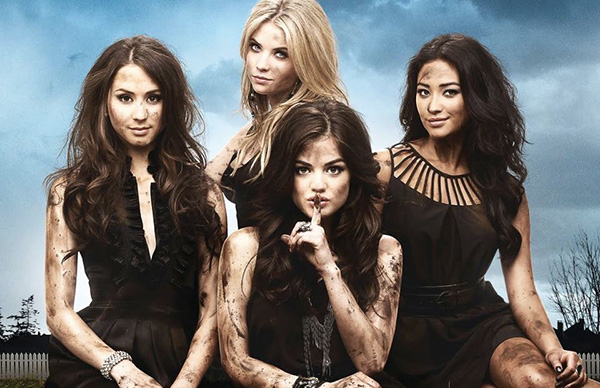
Earlier this summer, The Hollywood Reporter released their annual “Showrunner Emmy Roundtable” videos — a glimpse into the minds behind Emmy-nominated television shows. One abundantly clear observation was the lack of female showrunners. Between the Emmy-nominated dramas and comedies, there was only one female showrunner represented compared to the 11 males. This was a dismal look at female representation in television.
While this has been a stronger summer than most in terms of exploring female viewpoints, only a select few shows are actually created by women. More often than not, shows about women are written by male writers, and offer a different perspective than if they were written by females.
A good example of this is Lifetime’s “Devious Maids,” created by Marc Cherry. Cherry has created a name for himself by writing strong female characters as part of a larger ensemble, having previously helmed “Desperate Housewives.” “Maids,” which premiered this summer, shows the scandalous lives of the Latina maids who work for some of Beverly Hill’s wealthiest families. While Cherry does a great job writing nuanced roles for the mostly female cast, “Maids” still only offers a male’s perspective on how female characters would behave.
But a few other female-driven and created shows have certainly made an impact this summer. Netflix’s new original series “Orange is the New Black” and ABC Family’s returning “Pretty Little Liars” are both executive produced by females, and have casts predominantly made up of women. Both shows are also based on books written by women, and therefore lend themselves to having a female showrunner.
“Orange is the New Black,” however, was the most buzzed-about show of the summer for a reason. Adapted for television by “Weeds” creator Jenji Kohan, “Orange” stands out for its incredibly refreshing and realistic female characterizations, as it follows a first-time felon as she traverses the world of a women’s prison.
The show provides an original take on an oft-dramatized setting, which is due in large part to its use of flashbacks to shape our perception of the main and ancillary characters. This is especially true for the complex protagonist, as we are made to simultaneously hate and sympathize with her all at once. The supporting cast of female prisoners could have easily been written as stock characters, but instead they were carefully crafted with their own backstories and motivations.
Ultimately, the shows of this past summer mark an important step forward in female representation on television, but there is still a lot of room for progress in terms of female voices and perspectives. This fall season could be promising, with shows such as ABC’s “Super Fun Night,” starring and co-created by Rebel Wilson, as well as ABC’s “Trophy Wife,” created by Sarah Haskins, who is a comedian known for her satire on gender stereotypes. It will be curious to see whether these shows make their mark on the fall season as “Orange is the New Black” did for summer.
A version of this article appeared in the Tuesday, Sep. 10 print edition. Chris Saccaro is a staff writer. Email him at [email protected].























































































































































